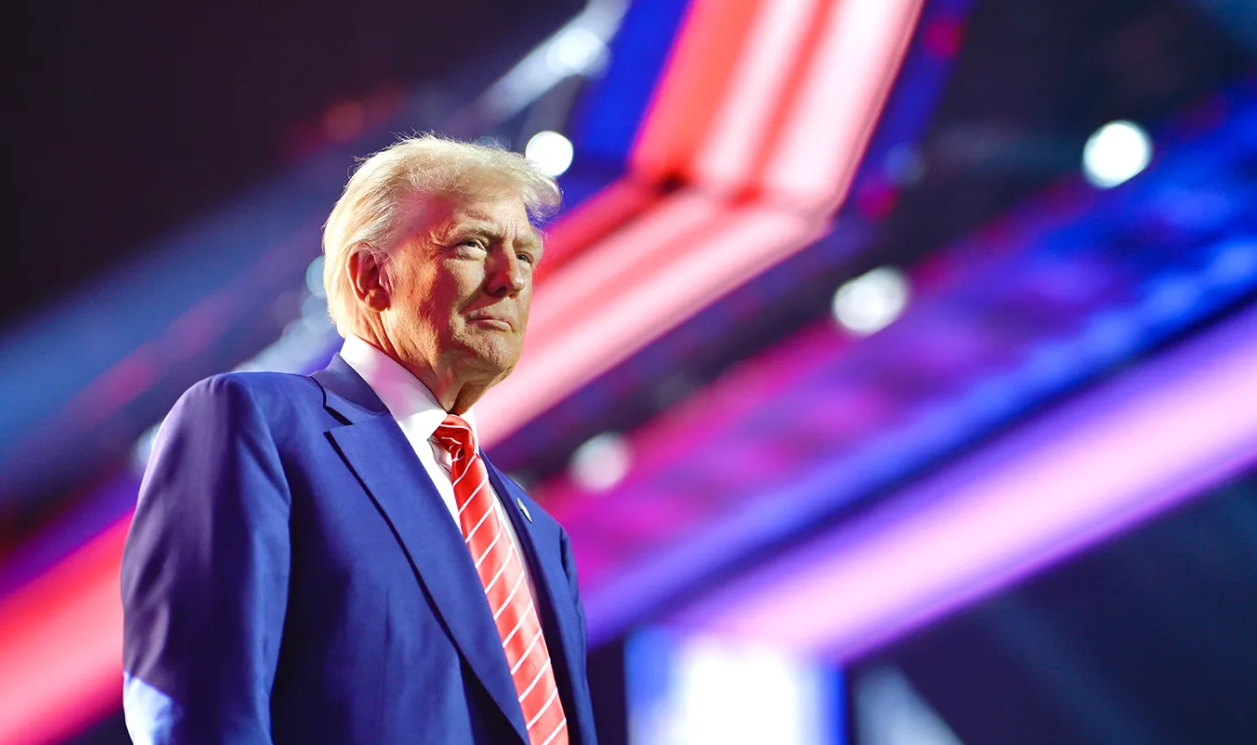 CaryptosHeadlines Media Has Launched Its Native Token CHT.
Airdrop Is Live For Everyone, Claim Instant 5000 CHT Tokens Worth Of $50 USDT.
Join the Airdrop at the official website,
CryptosHeadlinesToken.com
CaryptosHeadlines Media Has Launched Its Native Token CHT.
Airdrop Is Live For Everyone, Claim Instant 5000 CHT Tokens Worth Of $50 USDT.
Join the Airdrop at the official website,
CryptosHeadlinesToken.com
Trump is signing executive orders, making statements, and promising changes, yet these actions need to be legislated. The steps taken regarding cryptocurrencies also require a legal process. How will this process unfold? Which of the two proposed laws, related to the Bitcoin  $84,294 reserve, is likely to succeed, and what are their differences?
$84,294 reserve, is likely to succeed, and what are their differences?
How Laws Are Made in America
Before diving into Bitcoin legislation, it’s essential to briefly explain how laws are enacted in the United States for clarity. You can read the process outlined below or proceed to the next section for a detailed examination.
- A bill is drafted by a member of Congress (either a Senator or House Representative).
- The draft is presented by the member to the Senate or House of Representatives.
- The specialized committee conducts a detailed examination and may propose amendments.
- The bill is sent to a relevant subcommittee for public hearings and expert opinions.
- Upon approval, the bill returns to the main committee, where decisions on rejection, acceptance, or amendments are made.
- After the main committee’s approval, the bill is discussed and voted on in the general assembly. A bill requires a simple majority in the House of Representatives for approval, while a similar rule applies in the Senate, although opposition may use filibusters to delay the process.
- After the first chamber’s approval, the bill is sent to the other chamber, where it undergoes a similar process.
- If the two chambers pass different versions, a reconciliation committee is formed.
- The reconciled bill is then voted on in both chambers for a simple majority before going to Trump for approval or veto.
Now you are well-acquainted with the details.
Two Different Bitcoin Reserve Bills
On Friday, Byron Donalds introduced a bill in the House of Representatives aimed at legalizing Trump’s Strategic Bitcoin Reserve. However, this is different from the bill previously announced by Lummis and submitted to the Senate. As both chambers can introduce bills simultaneously, we’ve discussed this in the first section.
Lummis’ bill proposes the U.S. to acquire $80 billion worth of Bitcoin. In contrast, Donalds’ proposal does not specify a predetermined amount for acquisition. What does it entail? It seeks to support both Bitcoin Reserve and Digital Asset Stock with funds seized from criminal or civil asset transactions. Although lacking specific budgetary details, the U.S. government can still add BTC.
However, Lummis clearly pushes the Federal Reserve to reassess gold certificates from Nixon’s era at current prices to generate cash for Bitcoin purchases.
Which bill will Republicans support? They will likely back the one introduced by Byron Donalds. The reactions from states to similar laws indicate that a significant number of Republicans oppose engaging in such matters with cryptocurrencies, and they can easily reject Lummis’ proposal alongside Democrats. Nevertheless, since Byron offered a more moderate suggestion, it aligns with Trump’s strong support, allowing Republicans who view cryptocurrency skeptically to endorse it as the lesser of two evils. Moreover, this vote presents an opportunity for Democrats who wish to shed the anti-crypto label.

Even if Lummis’ bill does not get approved (the likelihood is high), Bo Hines, executive director of the Digital Assets Presidential Working Group, stated that the current Trump administration would not completely avoid Bitcoin acquisition. Although he has yet to reveal which of the two bills he supports, he has indicated that he will pressure Congress during the legalization process, likely favoring Donalds’ bill.
Disclaimer: The information contained in this article does not constitute investment advice. Investors should be aware that cryptocurrencies carry high volatility and therefore risk, and should conduct their own research.













